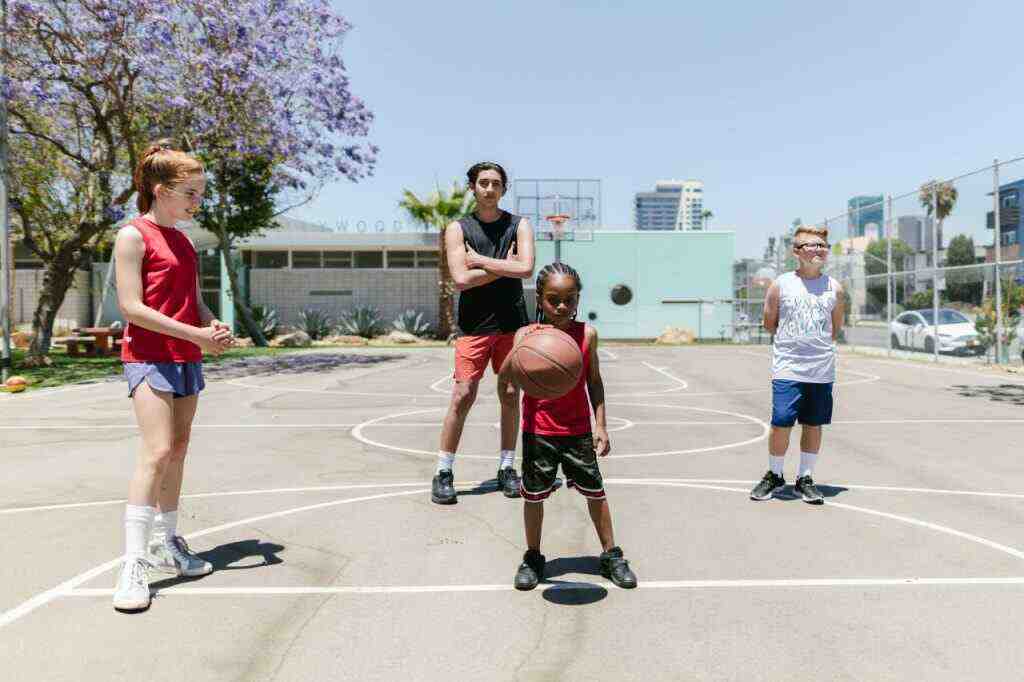The Uncertain Fate of Russian Athletes at the 2024 Paris Olympics
Introduction
As the 2024 Paris Olympics approach, the participation of Russian athletes remains shrouded in uncertainty. With only six months remaining until the Games, the question of whether Russians will be allowed to compete and, if so, under what conditions, continues to be a contentious issue. This comprehensive analysis delves into the complexities surrounding the participation of Russian athletes, examining the qualification process, the stance of various sports bodies, the concerns raised by Ukrainian athletes, and the potential impact on the overall atmosphere of the Games.
The Path to Qualification
In response to the ongoing conflict in Ukraine, the International Olympic Committee (IOC) established an “Individual Neutral Athlete” program in 2022. This program allows athletes from Russia and its ally Belarus, both suspended from most Olympic sports due to the invasion of Ukraine, to potentially qualify for the Paris Games. The process is overseen by individual sports federations, which conduct their own qualifying competitions.
The IOC has outlined specific criteria for determining eligibility, excluding athletes who are employed by the military or security services, or who have publicly expressed support for the war. However, the multitude of different rules across the 32 Olympic sports makes it challenging to verify the exact number of athletes granted “neutral” status.
Current Qualifying Status
As of now, six Russian and five Belarusian athletes have secured qualification for the Paris Games. However, numerous qualifying events are yet to take place, leaving the possibility of additional athletes meeting the criteria. The IOC has appointed “independent analysts” to conduct further vetting, aiming to ensure that those who have qualified have undergone a rigorous evaluation process.
Sports Allowing Russian Participation
Combat sports, such as judo, fencing, wrestling, and taekwondo, have been particularly enthusiastic about welcoming back Russian athletes. These sports have already admitted “neutral athletes” in 2023, and Russians have regularly competed in their respective Olympic qualifying events.
Other sports, however, have taken a more cautious approach. Gymnastics, for instance, has not granted “neutral” status to any Russian athletes, while swimming is not expecting any Russian participation in the upcoming world championships in Qatar, a key Olympic qualifier.
Concerns Raised by Ukrainian Athletes
Ukrainian athletes have expressed strong opposition to the IOC’s push for Russian participation as neutrals. They argue that some sports federations are bending the rules to accommodate Russians who have openly supported the war or have ties to the military.
In an open letter to French President Emmanuel Macron, over 200 Ukrainian athletes, including prominent soccer player Mykhailo Mudryk and high jump world champion Yaroslava Mahuchikh, alleged that three Russians who qualified as “neutrals” had expressed support for the war. They maintain that allowing such athletes to compete violates the ethical principles of the Olympic Charter.
The Issue of Switching Nationalities
Amidst the ongoing debate, some Russian athletes have opted to switch nationalities and represent other countries. Notable examples include European swimming champion Anastasiia Kirpichnikova, who switched allegiance from Russia to France, and Moscow-born Varvara Gracheva, who now represents France in tennis.
Potential Impact on the Paris Games
If Russian athletes are allowed to compete in Paris, tensions are likely to arise, similar to those witnessed at the world fencing championships, where Ukrainian fencer Olga Kharlan refused to shake hands with Russian “neutral” Anna Smirnova after a match. The IOC intervened, granting Kharlan a “unique exception” to compete at the Olympics.
The presence of Russian athletes, even as neutrals, could overshadow the spirit of the Games and detract from the achievements of other athletes. The IOC’s decision will undoubtedly have a significant impact on the overall atmosphere and perception of the Paris Olympics.
Conclusion
The participation of Russian athletes at the 2024 Paris Olympics remains a complex and contentious issue, with no easy solutions. As the Games draw closer, the IOC and sports federations face the challenge of balancing the desire for inclusivity with the concerns raised by Ukrainian athletes and the need to maintain the integrity of the Olympic spirit. The ultimate decision will likely have far-reaching implications for the unity and harmony of the global sporting community.
